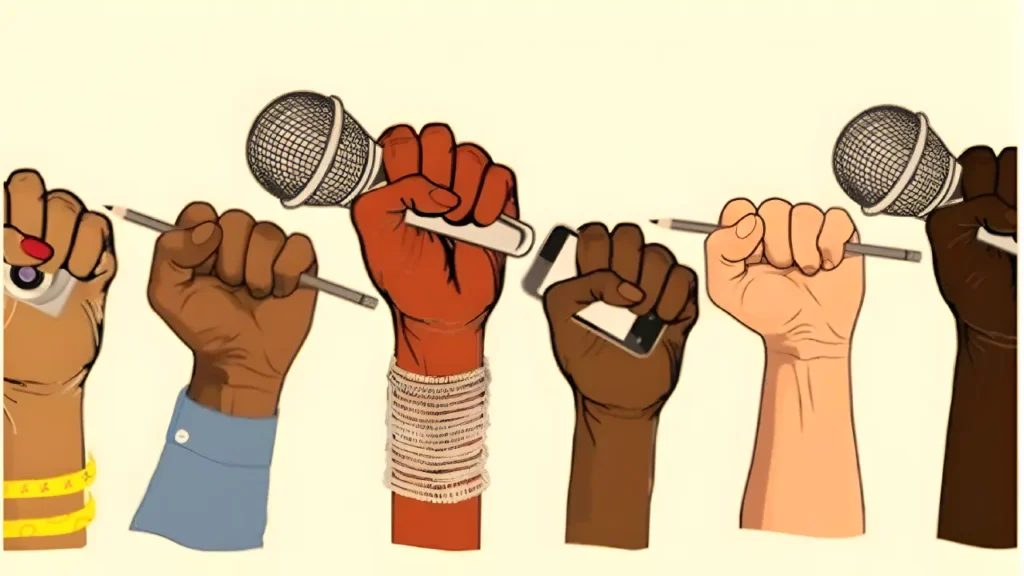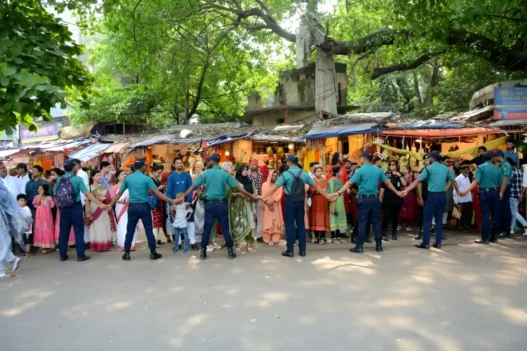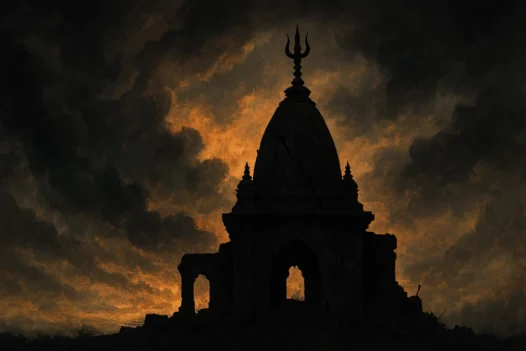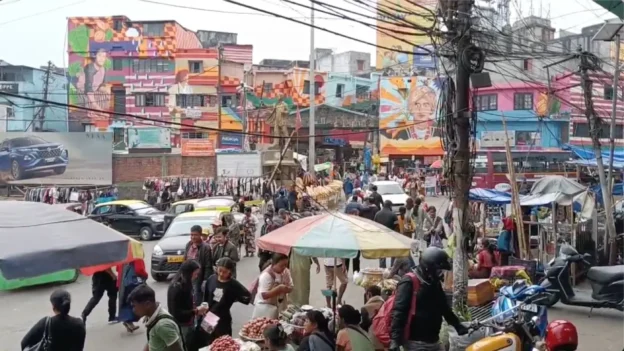Marking six months of Dr Mohammed Yunus’ rule, the Rights & Risks Analysis Group (RRAG) has released a report, “Bangladesh: The Case for Establishing OHCHR Field Office”, detailing severe human rights violations. The report highlights the weaponisation of the justice system against political opponents, escalating media suppression, targeted attacks on minorities and indigenous communities, and the misuse of the Anti-Discrimination Students Movement (ADSM) for unlawful activities. RRAG has urged the UN Human Rights Council to pass a resolution during its 58th Session (24 February – 4 April 2025) in Geneva to establish a UN High Commissioner for Human Rights (OHCHR) office in Bangladesh. UN High Commissioner Volker Turk, after concluding his Bangladesh visit on 30 October 2024, had called for an expanded OHCHR presence to assist in legal, institutional, and transitional justice reforms. However, the Yunus government has refused to allow the establishment of an OHCHR country office.
RRAG cited data from Dhaka-based Manabadhikar Shongskriti Foundation, revealing that by 31 January 2025, approximately 504,208 individuals linked to the previous Hasina government—including 74,224 named and 429,996 unnamed—had been charged in 1,520 criminal cases.
Press freedom has faced a severe assault, with 348 journalists targeted—21 criminal cases against 147, money laundering probes against 34, and denial of accreditation to 167. ADSM members violently attacked independent dailies The Daily Star and Prothom Alo and pressured investors of Somoy TV to dismiss five journalists. The government continues to enforce the repressive Cyber Security Act of 2023, leading to 24 arrests in 34 cases during 2024.
Judicial independence has been eroded, with 21 judges removed due to ADSM-led protests—six Supreme Court judges on 10 August 2024, 12 High Court judges on 16 October 2024, and three more on 19 November 2024. “Dr Yunus’ government has created a judiciary where judges cannot rule without fearing for their safety. Additionally, all members of the National Human Rights Commission were forced to resign on 7 November 2024, with no replacements appointed,” said RRAG Director Suhas Chakma.
Political freedoms remain under siege, with the Awami League’s student wing, Chhatra League, banned. Systematic attacks targeted indigenous peoples and religious minorities, notably during the March for Identity protests in Khagrachari (18 September 2024), Laldighi Ground, Chittagong (25 October 2024), Rangpur (22 November 2024), and Dhaka (15 January 2025). Protesters were reacting to the removal of the term Adivasi (indigenous) from textbooks. Hindu monk Chinmoy Krishna Das Brahmachari has been jailed since 25 November 2024 on sedition charges, sending a chilling message to minorities. Meanwhile, the Inquiry Commission’s findings on the 18-19 September 2024 attacks on indigenous groups in Khagrachari and Rangamati remain unpublished.
Between 4 and 20 August 2024, over 2,000 attacks on religious minorities, particularly Hindus, were reported. Dr Yunus dismissed these as politically motivated in September 2024. On 10 January 2025, Bangladesh Police reinforced this narrative, claiming that out of 1,254 confirmed cases of attacks on Hindus, 98.4% were politically driven and only 1.59% were communal.
“The greatest threat to Bangladesh is Dr Yunus’ weaponisation of the Anti-Discrimination Students Movement to enforce mob rule—forcing judicial resignations, intimidating political opponents, burning the Jatiya Party headquarters in Dhaka, and demolishing Bangabandhu Sheikh Mujibur Rahman’s residence at Dhanmondi 32. ADSM convenor Hasnat Abdullah has been at the centre of these acts. Dr Yunus is no longer merely enabling mob rule but increasingly acting as a mobster himself,” Chakma stated. He also highlighted a 131% rise in mob lynching deaths, from 51 in 2023 to 128 in 2024.
RRAG warned that “Bangladesh is on the brink of collapse, and justice will be the ultimate casualty unless the UN Human Rights Council ensures the establishment of an OHCHR office during its 58th Session. The widespread impunity for protesters, who also killed at least 44 policemen during the July-August 2024 uprising, has overshadowed human rights abuses under former Prime Minister Sheikh Hasina’s regime.”







